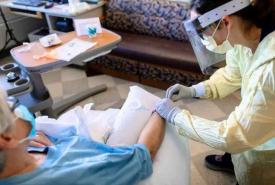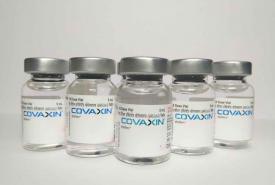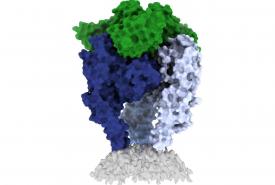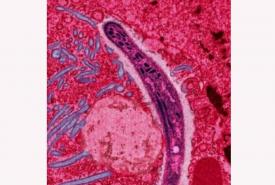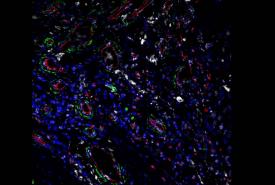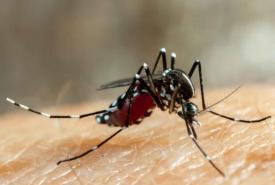Higher Protein Intake While Dieting Leads to Healthier Eating
Eating a larger proportion of protein while dieting leads to better food choices and helps avoid the loss of lean body mass, according to a Rutgers study.
An analysis of pooled data from multiple weight-loss trials conducted at Rutgers shows that increasing the amount of protein even slightly, from 18 percent of a person’s food intake to 20 percent, has a substantial impact on the quality of the food choices made by the person. The study was published in the medical journal Obesity.



